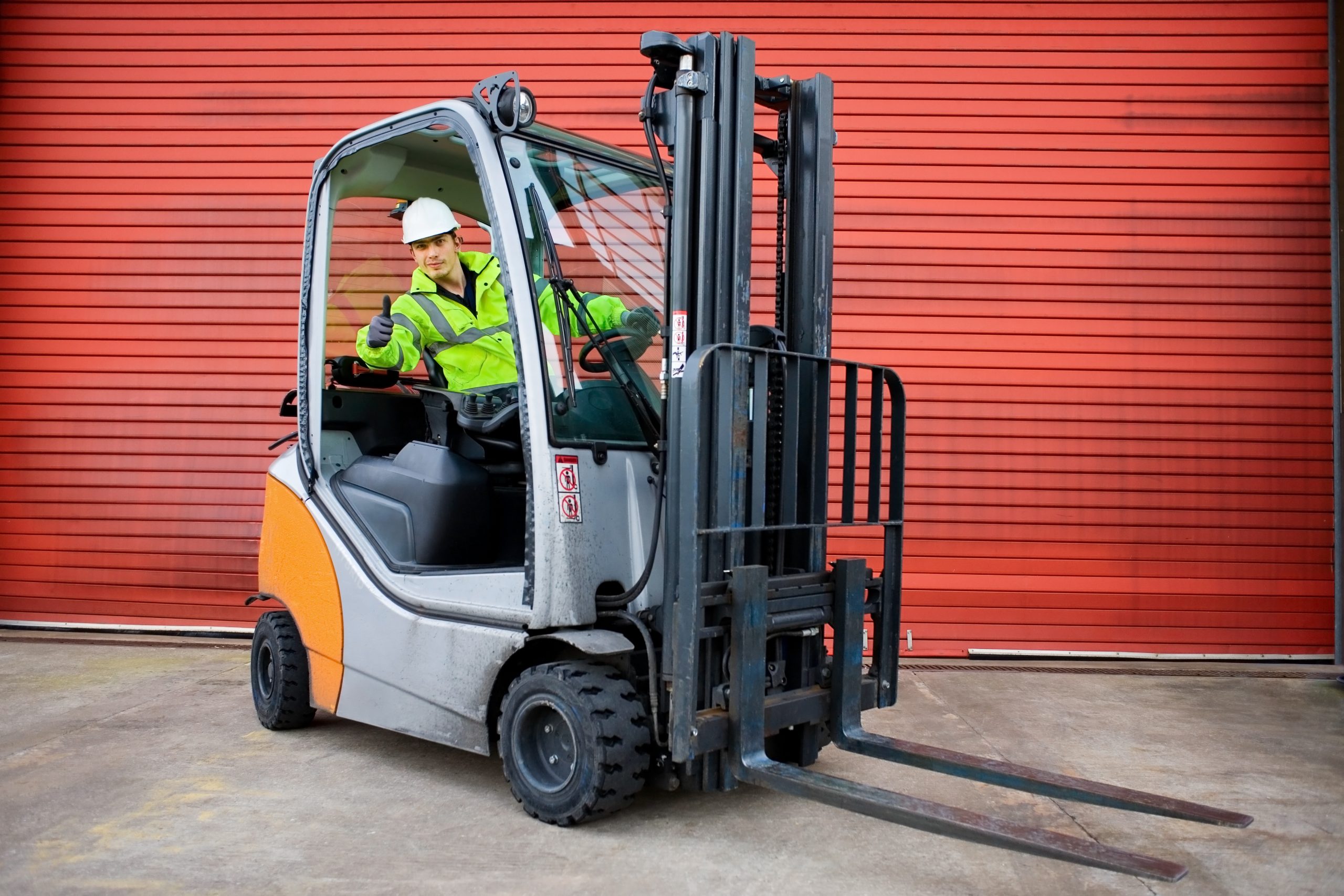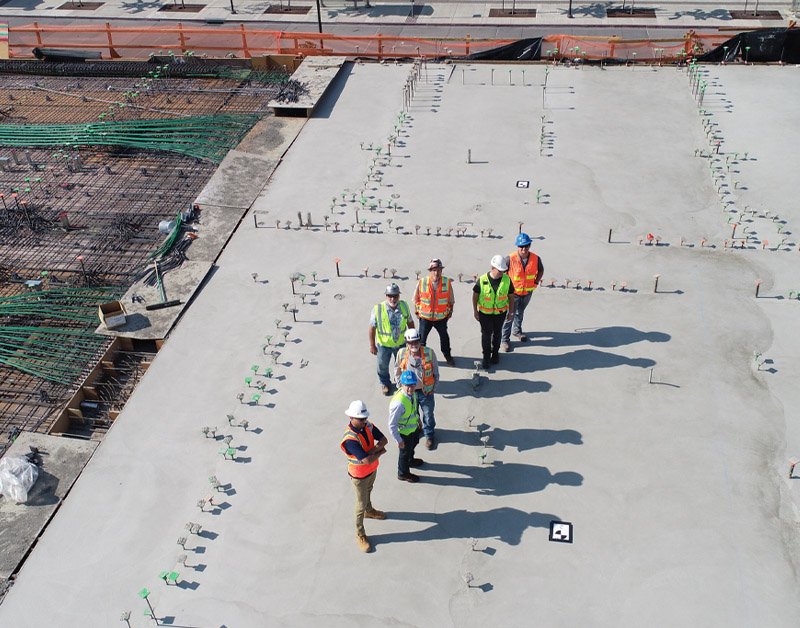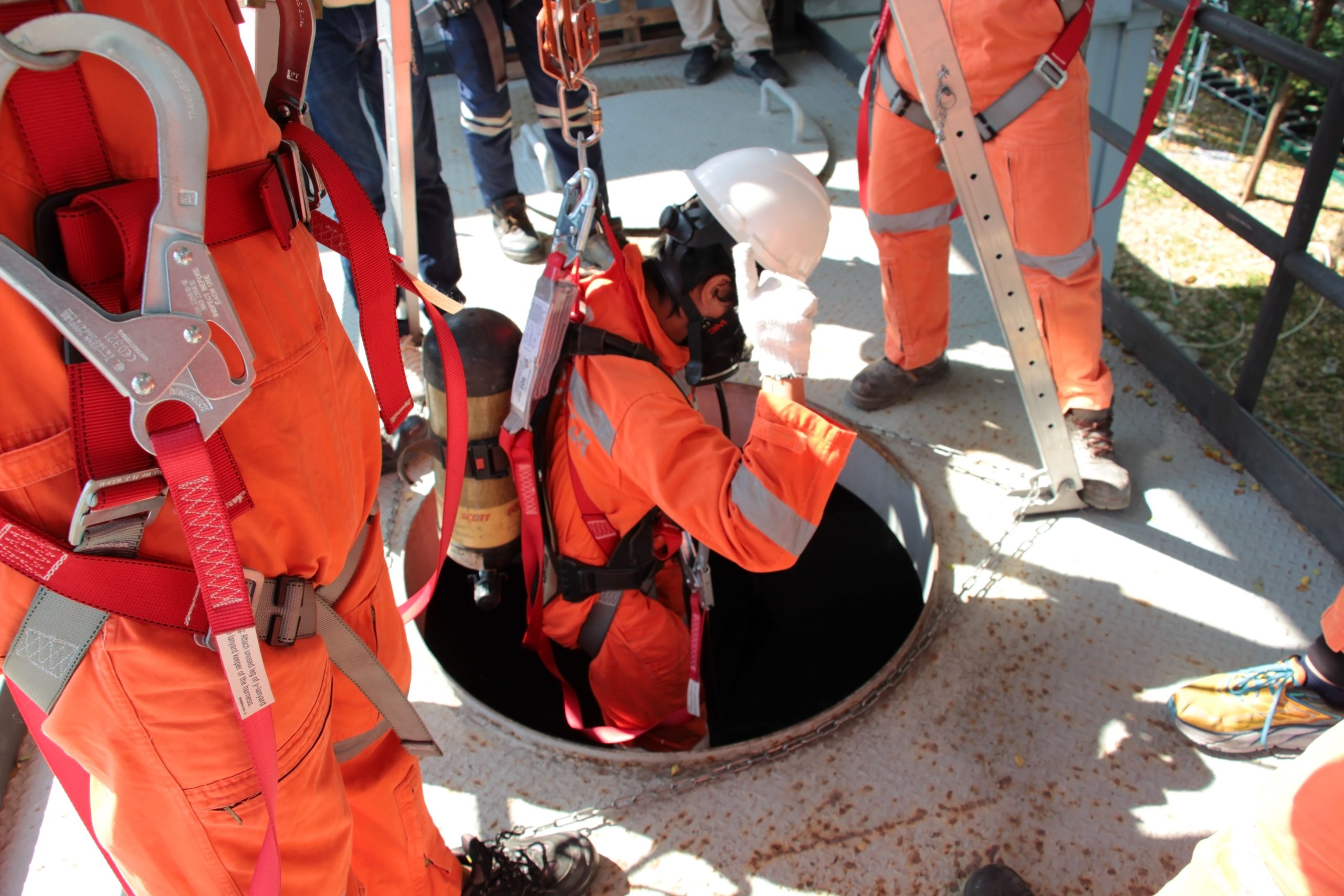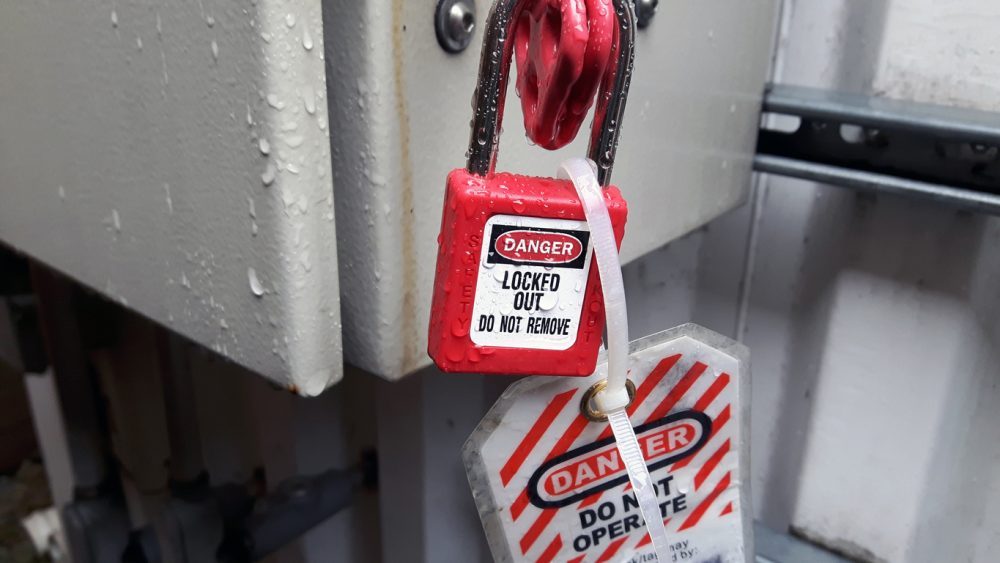Forklift Safety: OSHA Training Requirements and Beyond Compliance
For almost any construction or general industry organization, a forklift is essential to daily operations. As with any piece of machinery, specific forklift safety measures must be in place to protect the operator and those working around the vehicle.
According to the Occupational Safety and Health Administration (OSHA), a Powered Industrial Truck – which includes Forklifts and Tractors – is defined as any mobile, power-propelled truck used to carry, push, pull, lift, stack, or tier materials, whether ridden by the operator or controlled by a walking operator. While there are many requirements for forklift safety, let’s focus on training. Every employer utilizing a forklift must provide two types of training:
Forklift Safety Training Requirement 1 – Initial Operator Training:
Any organization utilizing a forklift is required to provide training for operators to ensure understanding of forklift safety. This includes three stages:
- Formal instruction – can include lecture, discussion, interactive computer learning, videotape and/or written material.
- Practical Training – includes hands-on demonstrations by the trainer and exercises by the trainee on the model of forklift the worker will use.
- Evaluation of Performance in the Workplace – even if a new worker claims to be experienced, they must be evaluated by the employer to ensure the worker understands the equipment and conditions in the working environment.
The employee must be trained to use the specific forklift in operation. Not all forklifts operate the same and can vary greatly – especially between those designed for factory use versus forklifts on a construction site. OSHA divides forklifts into seven (7) different classes. To learn about all seven classes, click here. For more information on Rough Terrain Forklifts, click here.
A note on previously trained employees: If the operator has had previous forklift training, the employer must still document that the training covered the required topics.
Forklift Safety Training Requirement 2 – Refresher Training at Least Every 3 Years:
Every forklift operator is required to undergo refresher training and evaluation at least every three years. The following conditions will also trigger a need for refresher training:
- The operator has been observed to operate the vehicle in an unsafe manner
- The operator has been involved in an accident or near-miss accident
- The operator has received an evaluation that reveals the operator is not utilizing proper forklift safety procedures
- The operator is assigned to drive a different type of truck
- A condition in the workplace changes that could affect safe operation of the truck
Going Beyond Compliance for Forklift Safety Training
Don’t wait the maximum time allowed for refresher training. More frequent training should help workers remember to follow safe practices and prevent safety issues with industrial forklifts that cause crashes and injuries. For best practice, we recommend an annual refresher training. Taking a proactive approach to forklift safety means not only is the operator protected, but those around the forklift.







